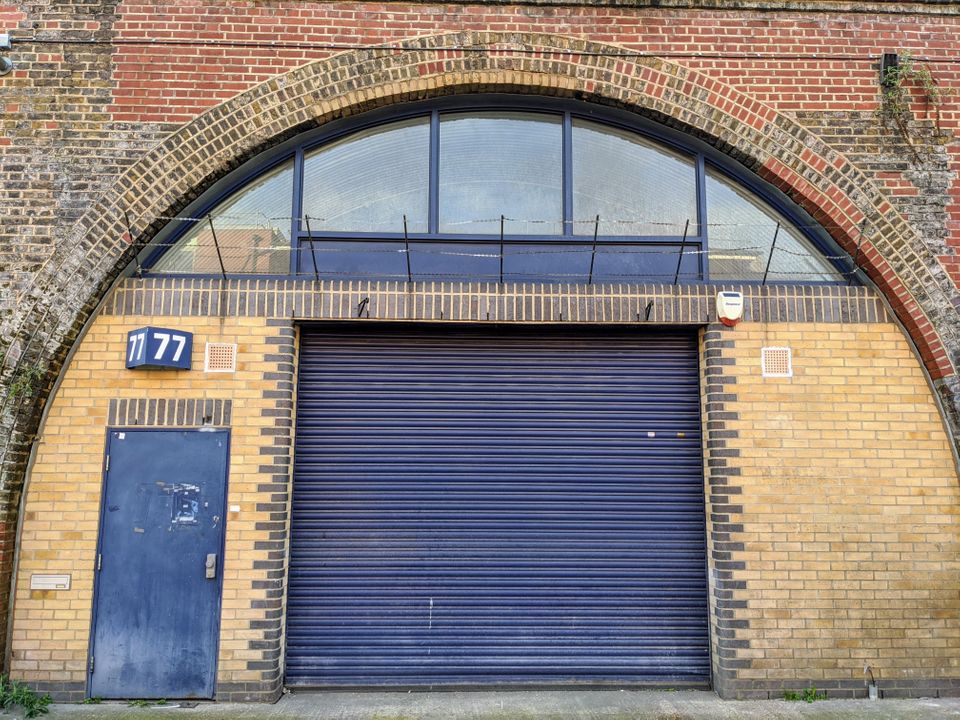We Ferment, a reaction to Fake News, Fake Business and Fake Food.

I moved to London in the spring of 2014 to follow my dreams and leave my job at Google in Romania. Which is crazy for two reasons. Google was the #1 ranked best company to work for, in the world. And secondly because the idea of following one's dreams is overhyped. How do you think the content for your dreams is produced? It's the crap you watch on Netflix and the vapid stories pushed on your Instagram. Less dream following is probably a very good idea.
So I moved and joined a start-up "growth hacking" agency founded by super cool dude Liam. We did some innovative work as far as marketing is concerned, back when the digital advertising landscape was lawless. That was before Facebook almost broke western democracy, fun times.
Targeting ads on Facebook was an affair so precise, in fact, that in 2016 more than half of the UK voting population were convinced that it would be a good idea to leave the EU. Turns out most if not all of those Leave campaign promises were lies, but they were precisely targeted to those who were most likely to be swayed after seeing them. Before hyper-targeted advertising campaign promises were broadcasted to everyone, we all saw the same thing, we could all scrutinise the same things. Today we don't even have a basic common ground of objective facts. Your own flavour of reality is beamed straight into your head, a free-for-all in terms of dis and mis information. The dawn of fake news.
Couple of years later I decided to do less hands-on type work and more consultancy type things. I founded an LLP called Barebone London. I had two partners early on, my good friend from back home Bogdan and Pyiush, super nice and smart dude I met in the biz.
It was called Barebone from 'barebones'. That's because the three of us felt that there is enough hot air in the industry to power a fourth industrial revolution. We thought that we can do the work, ignore the fluff and save everyone involved some precious time and money. We could then all spend the remainder with our families, develop meaningful relationships, try and make sense of the world around us, read leftist intellectuals, go to the pub, etc. Speaking purely for myself regarding the latter two.
The plan was good on paper, but we were wrong about one thing. It's not that there is a lot of hot air. It's mostly, if not just, hot air. And everyone knows it. They're all in on it. That's what they want. It's a silent truth, because nobody speaks openly about it. I remember having one client in London that literally delivered 4 free beers to anyone who installed their free app. The wider phenomenon is described in detail in the book "Bullshit Jobs: A Theory" by anthropologist David Graeber written in 2018. Peak fake business.
Being surrounded by a lot of what seemed to be fake, I developed some interests that were more grounded, in particular food. Real food, not fake food. This time, I wasn't going to get fooled again. Fool me once, shame on you...
Fake food is any food that's bad for you and/or bad for the environment. If it's going to kill you or if it's going to kill the planet, it's fake food. If it's unsustainable in the long run, it's fake. If it doesn't taste good and it doesn't save lives, fake. There are many examples, from perfectly ripened red tomatoes that are tasteless and nutritionally deficient, to grotesque "meat porn" videos on Instagram, to the powdered concoctions sold as "healthy" meal replacement cardboard sludge. I try to stay away from fake food.
As someone with a tech background I became fascinated by the art and science of fermentation. I'm talking about the unsung heroes of the Lactic Acid Bacteria variety. Left to their own devices via spontaneous fermentation they will produce the most amazing flavours. Fermentation is an open source food technology available to everyone for free, just requires our participation. Self proclaimed "fermentation revivalist" Sandor Katz writes in his best selling 2012 book The Art of Fermentation:
“Moving toward a more harmonious way of life and greater resilience requires our active participation. This means finding ways to become more aware of and connected to the other forms of life that are around us and that constitute our food -- plants and animals, as well as bacteria and fungi -- and to the resources, such as water, fuel, materials, tools, and transportation, upon which we depend. It means taking responsibility for our shit, both literally and figuratively.”
All around the UK I discovered food artisans making the most amazing and creative vegetable ferments based on the well known staples Kimchi and Sauerkraut. Like Elena in Bermondsey who makes a briny, crunchy, sea kraut with seaweed. Or Jamie in South East London who makes a delicious bright yellow fermented piccalilli with fresh turmeric and mustard seeds. These are examples of what I call real food.
With great enthusiasm I founded We Ferment in 2020, with a mission to bring these vegetable ferments to more people in the UK. And then the Covid pandemic hit, making a mockery of my business plan - which in truth was naïve enough to start with.
So here we are, not necessarily how I'd planned, but how it turned out. After a decade of growth hacking, tracking big fake numbers for big fake businesses, my new number is now 130. My biggest professional challenge is to find 130 people that agree with me enough to part with their hard earned cash. And it's a much harder challenge.
In an era where a lot of things seem to be fake, I ask myself - how can you tell whether what you're doing is important?